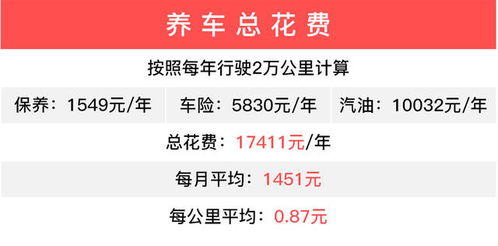Exploring the Implications of Establishing a Blockchain Exchange in Beijing
In recent years, blockchain technology has garnered significant attention worldwide due to its potential to revolutionize various industries, including finance, supply chain management, healthcare, and more. The establishment of a blockchain exchange in Beijing holds immense potential, but it also presents several considerations and implications that need to be carefully examined.
Understanding Blockchain Exchanges:
Before delving into the specifics of establishing a blockchain exchange in Beijing, it's crucial to understand what a blockchain exchange entails. A blockchain exchange is a platform where users can trade digital assets, such as cryptocurrencies, tokens, and other blockchainbased assets. These exchanges provide a marketplace for buying, selling, and trading digital assets, often utilizing distributed ledger technology for transparency and security.
Advantages of Establishing a Blockchain Exchange in Beijing:
1.
Fostering Innovation:
Beijing is known for its thriving technology sector and vibrant startup ecosystem. By establishing a blockchain exchange, the city can further encourage innovation in blockchain technology and its applications. This can attract blockchain startups, developers, and entrepreneurs, bolstering the city's position as a technology hub.2.
Financial Integration:
A blockchain exchange can facilitate the integration of blockchain technology into the traditional financial system. This can lead to improved efficiency, transparency, and security in financial transactions, potentially reducing costs and streamlining processes.3.
Regulatory Framework:
Beijing, as the capital city of China, has the regulatory authority to establish clear guidelines and regulations for blockchain exchanges. A welldefined regulatory framework can provide clarity for market participants, mitigate risks, and ensure compliance with relevant laws and regulations.4.
International Collaboration:
Beijing's prominence on the global stage provides an opportunity for international collaboration in the blockchain space. Establishing a blockchain exchange can attract international investors, partners, and projects, fostering collaboration and knowledge exchange on a global scale.Key Considerations and Challenges:
1.
Regulatory Compliance:
While regulatory clarity is essential, navigating the regulatory landscape can be challenging. Establishing a blockchain exchange requires compliance with existing financial regulations, antimoney laundering (AML) laws, and knowyourcustomer (KYC) requirements. Working closely with regulatory authorities is crucial to ensure compliance and mitigate regulatory risks.2.
Security and Trust:
Security is paramount in the blockchain space, given the prevalence of cyber threats and hacking incidents. Establishing robust security measures, including multifactor authentication, encryption, and cold storage for assets, is essential to build trust among users and protect their funds.3.
Market Liquidity:
Market liquidity is crucial for the success of a blockchain exchange. Ensuring sufficient trading volume and liquidity for digital assets listed on the exchange requires strategic partnerships, marketmaking initiatives, and incentives to attract traders and liquidity providers.4.
Technological Infrastructure:
Building a reliable and scalable technological infrastructure is vital for the smooth operation of a blockchain exchange. This includes highperformance trading systems, resilient network architecture, and continuous monitoring for potential vulnerabilities or disruptions.
Conclusion and Recommendations:
The establishment of a blockchain exchange in Beijing holds tremendous potential for fostering innovation, financial integration, and international collaboration in the blockchain space. However, it also presents several considerations and challenges that need to be addressed effectively.
To successfully establish a blockchain exchange in Beijing, it is recommended to:
Work closely with regulatory authorities to establish a clear regulatory framework that promotes innovation while ensuring compliance with relevant laws and regulations.
Prioritize security measures to protect users' funds and build trust in the exchange.
Focus on enhancing market liquidity through strategic partnerships, marketmaking initiatives, and incentives for traders and liquidity providers.
Invest in robust technological infrastructure to ensure the reliability and scalability of the exchange's operations.
By addressing these considerations and challenges proactively, Beijing can establish itself as a leading hub for blockchain innovation and contribute to the growth and development of the global blockchain ecosystem.











